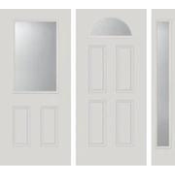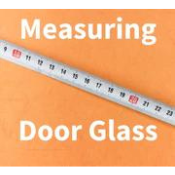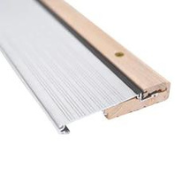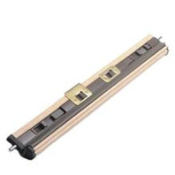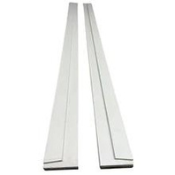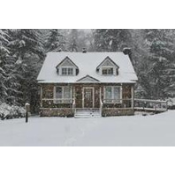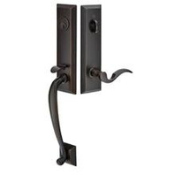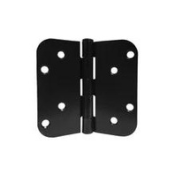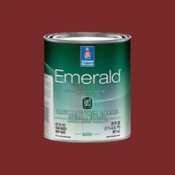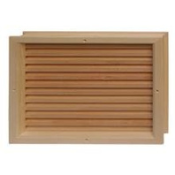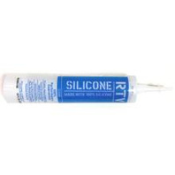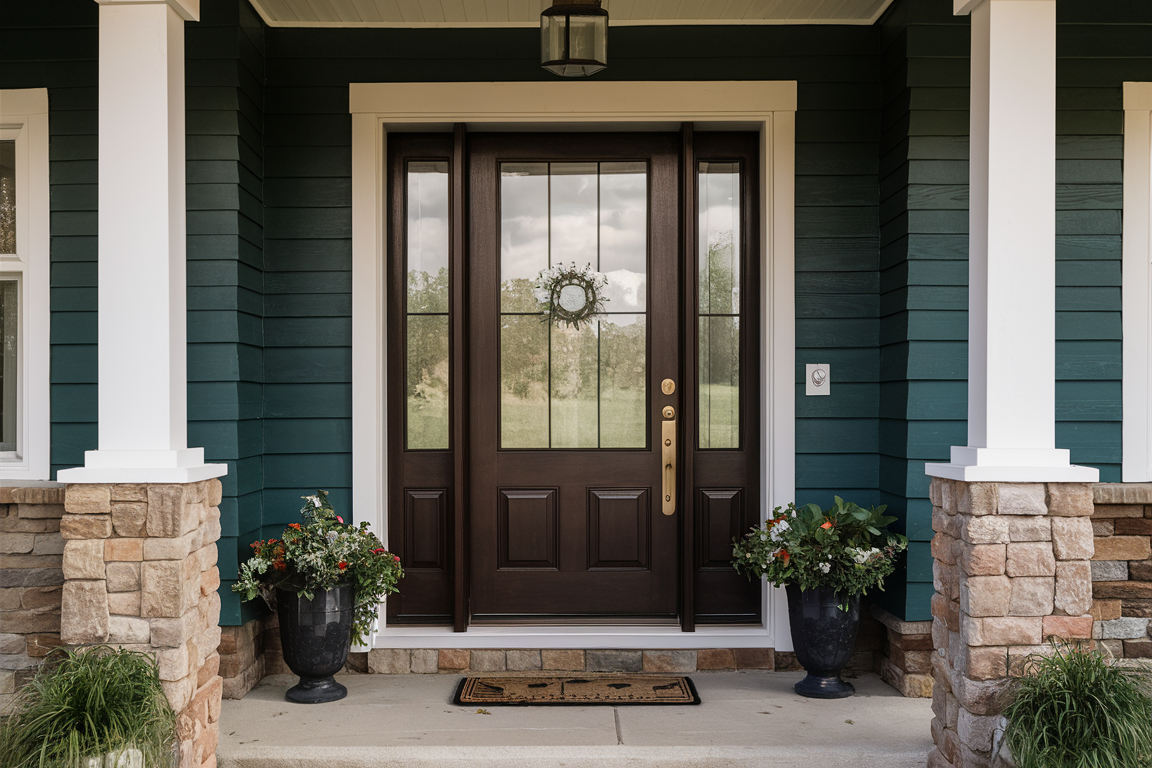
Choosing the perfect glass front door for your home is a crucial decision that requires careful consideration of various factors. From evaluating the style and design to understanding the different types of glass and frame materials, each aspect plays a significant role in making an informed purchase. This ultimate guide aims to provide you with all the essential information you need to select the ideal glass front door that meets your needs and enhances the overall aesthetic of your home.
Key Takeaways
- Consider the style and design of the glass front door to match your home's aesthetic.
- Evaluate the privacy and security features offered by different types of glass.
- Understand the benefits of various glass types such as tempered, laminated, and insulated glass.
- Choose the right frame material, whether it's wood, aluminum, fiberglass, steel, or vinyl.
- Factor in the initial cost, long-term value, and maintenance costs when making your decision.
Factors to Consider When Buying a Glass Front Door
When selecting an Exterior Front Door with Glass, it is crucial to consider various factors to ensure that it meets your specific requirements. One of the primary considerations is the style and design that complements the architecture of your home. It should blend seamlessly with the overall aesthetics and enhance the curb appeal. Additionally, you need to consider the size and dimensions of the door, ensuring that it fits perfectly into the existing frame.
Different Types of Glass and Their Benefits

When it comes to choosing the perfect glass for your front door, understanding the different types available can make a significant difference. Each type of glass offers unique benefits that cater to various needs and preferences. Here are the main types of glass you should consider:
- Tempered Glass
Tempered glass is known for its safety features. It is treated with heat to increase its strength, making it much more durable than standard glass. If it does break, it shatters into small, blunt pieces, reducing the risk of injury. This type of glass is ideal for homes where safety is a priority.
- Laminated Glass
Laminated glass consists of two or more layers of glass with an interlayer of polyvinyl butyral (PVB). This construction makes it highly resistant to impact and shatter resistance. Even if the glass cracks, the interlayer holds the pieces together, providing an added layer of security. It's a great option for those concerned about both safety and security.
- Insulated Glass
Insulated glass, also known as double-glazed glass, features two or more glass panes separated by a gas-filled space. This design significantly improves energy efficiency by reducing heat loss or gain, making it an excellent choice for those looking to enhance their home's insulation and reduce energy bills.
- Frosted Glass
Frosted glass is treated to have a translucent, matte finish, offering a balance between privacy and natural light. It allows light to pass through while obscuring the view, making it perfect for front doors where privacy is a concern but you still want to let in natural light.
- Decorative Glass
Decorative glass comes in various designs, patterns, and textures, adding a unique aesthetic appeal to your front door. It can be customized to match your home's style, making it a popular choice for those looking to make a statement with their entryway.
Choosing the Right Frame Material

Choosing the most appropriate material is a good starting point for your project. The frame material you select for your glass front door can significantly impact its durability, maintenance, and overall aesthetic. Here are some options to consider:
- Wood Frames
Wood frames offer a classic and timeless look that can complement various architectural styles. They are highly customizable and can be painted or stained to match your home's exterior. However, wood requires regular maintenance to prevent issues like warping, rotting, and insect damage.
- Aluminum Frames
Aluminum is a viable choice for a front door material due to its durability and rust resistance. Especially in coastal locations with a moist climate and salt air, aluminum may be your best choice for a front door. The metal is treated for weather resistance and will not rust or corrode like steel, nor will it warp, rot, or crack like wood. However, the high cost is a downside, as aluminum front doors may be more expensive than other options.
- Fiberglass Frames
When it comes to the best material for front doors, there is simply no better option than fiberglass. Fiberglass is a highly durable material that is resistant to dents, scratches, and extreme weather conditions. It also requires minimal maintenance and can mimic the appearance of wood without the associated upkeep.
- Steel Frames
Steel frames are known for their strength and security. They provide excellent protection against forced entry and are less likely to warp or crack compared to wood. However, steel can be prone to rust if not properly maintained and may require periodic painting to keep it looking its best.
- Vinyl Frames
Vinyl frames are a cost-effective and low-maintenance option. They are resistant to moisture, insects, and rot, making them a durable choice for various climates. While they may not offer the same level of customization as wood, vinyl frames come in a variety of colors and styles to suit your home's design.
Cost and Value Considerations
When selecting a glass front door, it's crucial to weigh the initial cost against the long-term value and maintenance expenses. This ensures you make a wise investment that balances your budget with your home's aesthetic and functional needs.
When evaluating the cost and value of your door projects, it's essential to consider both the initial investment and the long-term benefits. Our extensive selection of high-quality doors ensures you get the best value for your money. For more details and to explore our range, visit Pease Doors today.
Conclusion: Making an Informed Purchase
Choosing the perfect glass front door for your home is a significant decision that involves careful consideration of various factors. From understanding the different types of glass and their benefits to selecting the right frame material and evaluating cost and value, each aspect plays a crucial role in ensuring that your choice meets your aesthetic, security, and functional needs. By taking the time to research and explore your options, consulting with professionals, and visiting showrooms, you can make an informed purchase that enhances the beauty, security, and energy efficiency of your home. Remember, the right glass front door is not just an entryway but a statement of style and a reflection of your taste.
Frequently Asked Questions
1. What factors should I consider when buying a glass front door?
When buying a glass front door, consider the style and design, privacy and security features, type of glass, frame material, and overall cost and value.
2. What are the benefits of tempered glass for front doors?
Tempered glass is stronger and more durable than regular glass. It is also safer because it shatters into small, blunt pieces rather than sharp shards.
3. How does laminated glass enhance security?
Laminated glass consists of two or more layers of glass with an interlayer that holds them together. This makes it more difficult to break through, enhancing security.
4. What are the advantages of insulated glass?
Insulated glass improves energy efficiency by reducing heat transfer. This helps in maintaining indoor temperatures and can lead to lower energy bills.
5. How do I choose the right frame material for my glass front door?
Consider factors such as durability, maintenance, cost, and aesthetic appeal when choosing a frame material. Common options include wood, aluminum, fiberglass, steel, and vinyl.
6. What are the maintenance costs associated with different frame materials?
Maintenance costs vary by material. Wood frames may require regular painting or staining, while materials like fiberglass, aluminum, and vinyl are generally low-maintenance and more resistant to weathering.


